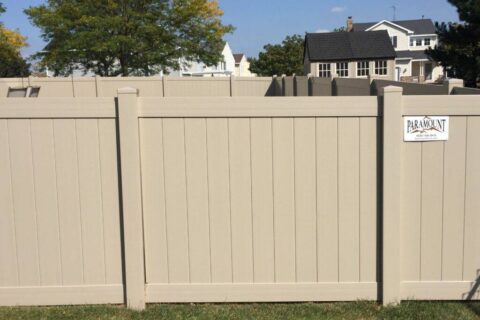Fence Laws: Here’s What You Need to Know

Fences are a great way to protect your property, but when there are disputes between neighbors, the fence may be at the heart of the dissension. Whether it’s an argument over responsibility for livestock, fence repair, tree limbs, or boundaries, it’s wise to learn a little bit about fence law in order to successfully work through these neighborly tiffs. Sometimes, with some understanding of the law and a willingness to compromise, neighbors can avoid legal action and come to an agreement on their own. Let’s take a look at some common causes of friction and the applicable fence laws.
- Livestock issues are often covered by open range doctrine. If livestock are hit on a roadway, owner liability is dependent on whether the accident happened in an open range or closed range area. In a closed range area, also called fence in, landowners are legally obligated to keep their animals contained. If the animals escape and the landowner has not acted reasonably to prevent this, that owner can be held liable. In an open range, or fence out, area, there’s no obligation to prevent animals from roaming, so there’s no owner liability if an animal is hit by a motorist. Being familiar with this law and knowing whether you live in an open range or closed range area can save you from facing legal consequences.
- Another livestock issue is the question of strays. If livestock wanders onto your property, what should you do? If you know the owner of the animals, you should let the owner know what has happened so that the situation can be remedied. From a legal standpoint, there are certain specific procedures you must follow if you don’t know the owner, and these procedures vary from state to state. You need to try to find the owner, because you can’t just keep stray livestock because it’s on your property.
- Who is responsible for fence repair? Is your neighbor required to contribute when you need to repair or build a boundary fence? The specific rules are different in different states. Look into the laws in your state, also taking into account local zoning laws or homeowners association covenants.
- What happens when trees overhang a neighboring property? In most states, the responsibility falls on the neighbor on whose property the tree originates. However, property owners are often legally permitted to remove tree limbs or roots that encroach on their property.
If you’re involved in a fence law dispute, try to resolve it amicably. If you’re ready for a new fence, call Paramount Fence for professional installation. A full-service fence sales and installation business in the Chicagoland area, with more than half a century of combined experience, we’re dedicated to providing creative and affordable solutions that address our clients’ needs and fulfill their requests. For more information, call us at 630-239-2714 or contact us through our website.


